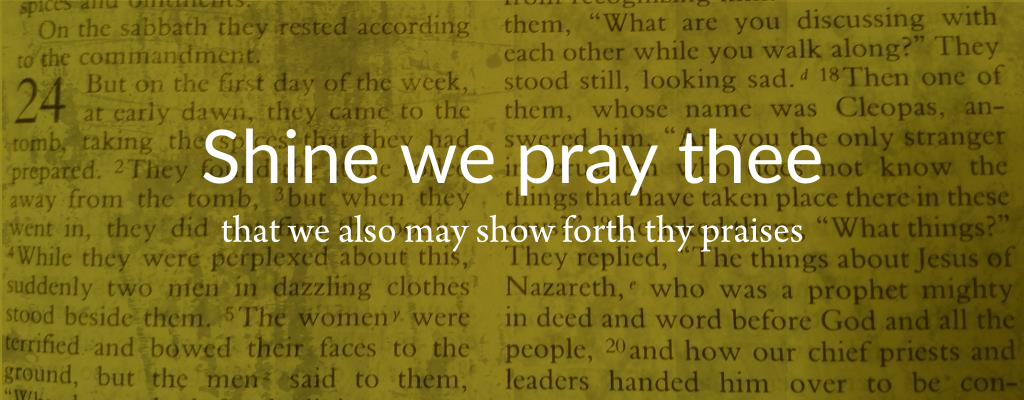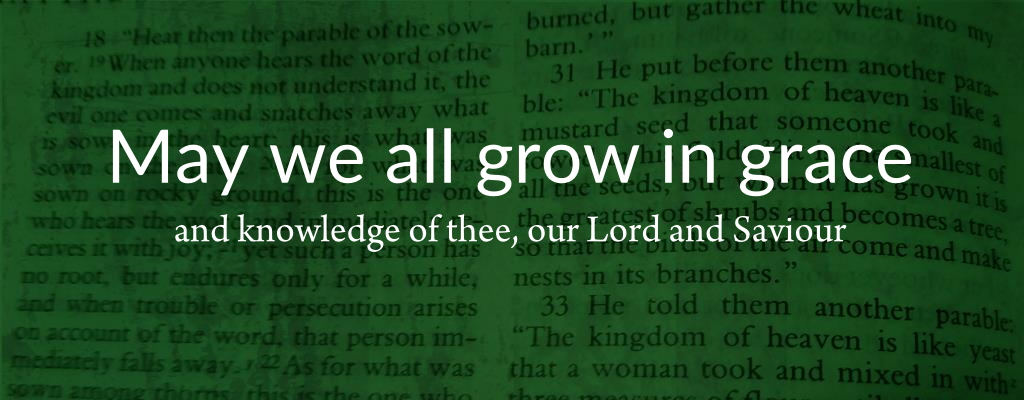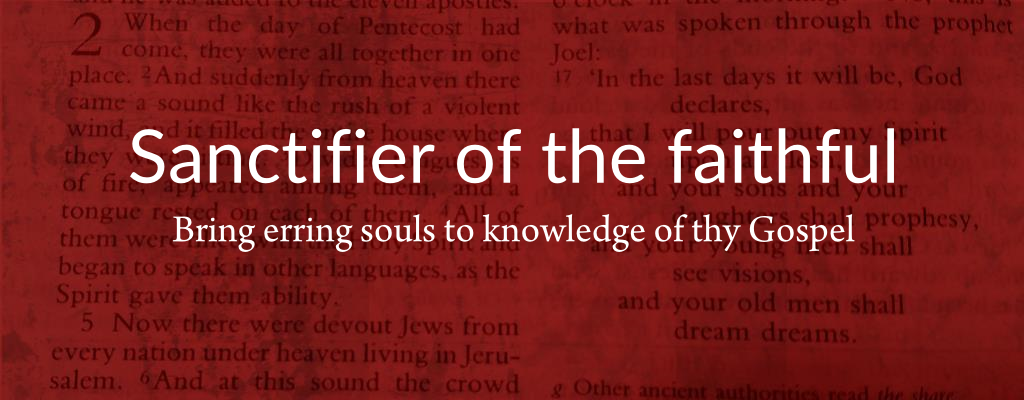In a conversation in the advance of the General Synod this month an active church person was overheard to say “the Church needs to be more accepting of differing doctrines.” I’m not quite sure what this person meant by the statement. Doctrine and faith are one. And there is only one faith; so there can be only one doctrine.
To be more precise: Doctrine is a systematic understanding of the essentials of the Christian faith; that is all elements of belief that are necessary for salvation. These fundamental elements of faith are grounded in the Bible. Their understanding and interpretation have their origins in Christ and his apostles. ( Luke 24: 27—beginning with Moses and all the prophets, he interpreted to them in all the scriptures the things concerning himself.)
There is no question that Jesus believed in the clarity, inerrancy, and sufficiency of the Bible. His entire identity and mission is defined by the writings and the prophets. Further he regularly quotes the Hebrew Scriptures in support of his teaching. In addition, Jesus also believed that his words have the same authority as the Old Testament: “heaven and earth will pass away, but my words will never pass away.” And something further, he said that His spirit would continue to inspire the words of his apostles (Jn. 16:12-14; 1 Cor. 2:12-13.)
As much as one might prefer otherwise, doctrine and faith is a matter of Biblical truth. When there is a disagreement between our interpretation and what the bible clearly states; guess who might be in error. Either God loves us enough to reveal his perfect will for us through the Bible or he is not God at all. It is the responsibility of the Church to pass down to subsequent generations the truth of Jesus Christ and the teachings of the Gospel unimpaired. Doctrine, and much less faith, is not a matter of personal opinion or preference.
In the 39 Articles we acknowledges that in the Church in the past has erred and not been governed by the Holy Spirit. Article XXI on the Authority of General Councils instructs us that such decisions that are not grounded or substantiated by Scripture have no validity nor authority.
Let us pray for General Synod and the Church Universal:
Most gracious God, we humbly beseech thee for thy holy Catholic Church. Fill it with all truth; in all truth with all peace. Where it is corrupt, purify it; where it is in error, direct it; where any thing is amiss, reform it; where it is right, strengthen and confirm it; where it is in want, furnish it; where it is divided and rent asunder, make it whole again; through Jesus Christ our Lord. Amen.
(BCP p. 39)





Leave a Comment